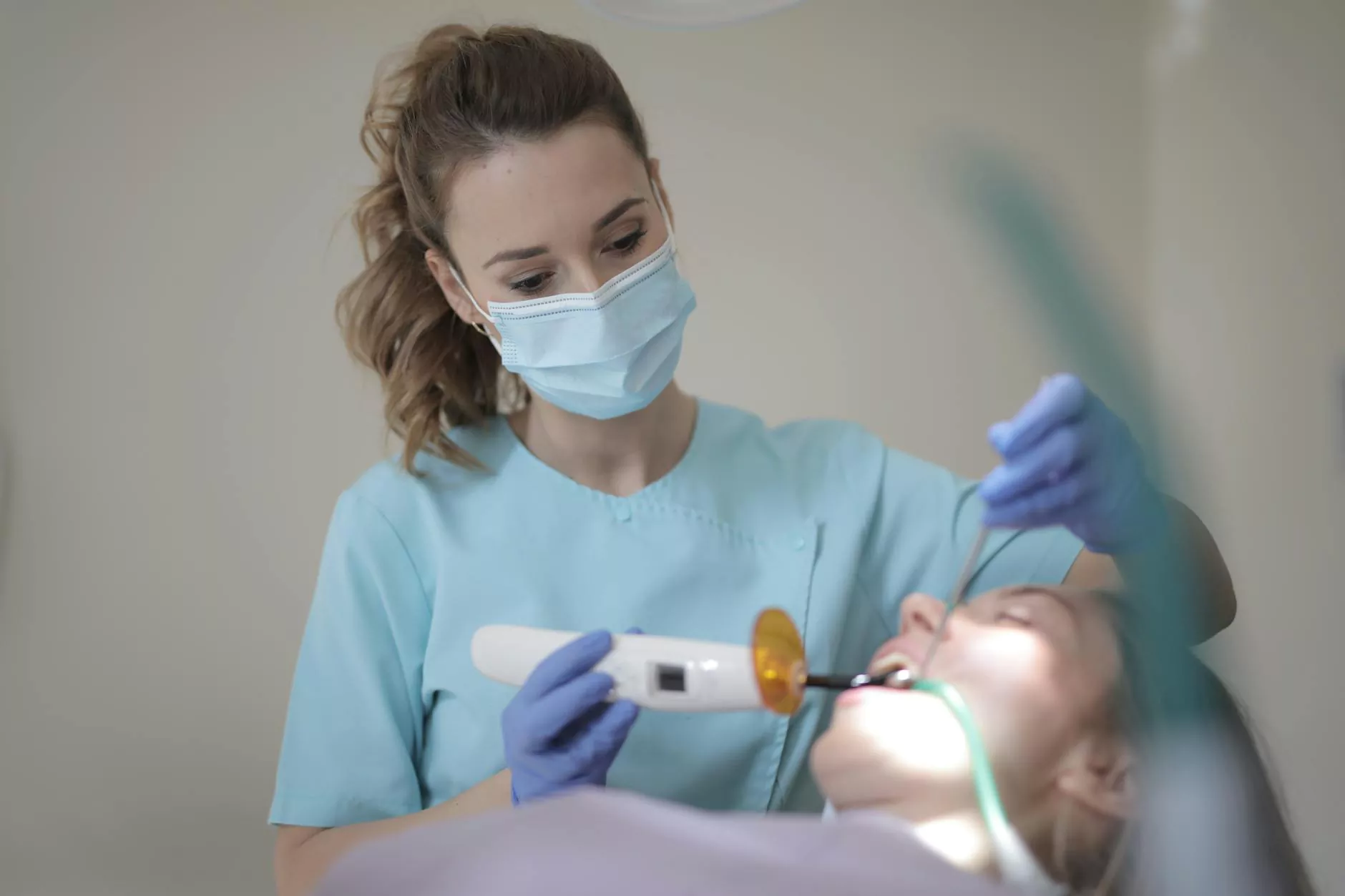Understanding ACLS in the Heart of NYC

In the fast-paced environment of New York City, where every second counts, knowledge of Advanced Cardiovascular Life Support (ACLS) can mean the difference between life and death. This comprehensive course equips healthcare professionals with the critical skills needed to respond effectively to cardiac emergencies, ensuring that they can provide rapid and effective care when it is most needed.
The Importance of ACLS Training
ACLS certification is essential for a wide range of healthcare professionals, including doctors, nurses, paramedics, and first responders. The training emphasizes the recognition and management of cardiac arrest, stroke, and other acute cardiovascular conditions. In a city like NYC, where a diverse population often encounters various health challenges, well-trained professionals can significantly improve patient outcomes.
- Immediate Response: ACLS provides healthcare workers with the tools to respond promptly during emergencies.
- Skill Mastery: Participants gain hands-on training in high-quality CPR, defibrillation, and emergency pharmacology.
- Improved Patient Survival Rates: Studies show that timely ACLS protocols greatly enhance survival rates in cardiac emergencies.
Who Should Pursue ACLS Certification?
While ACLS is crucial for advanced healthcare providers, it is also beneficial for anyone involved in emergency medical services. The typical audience for ACLS training includes:
- Doctors and Nurses
- Emergency Medical Technicians (EMTs)
- Paramedics
- Respiratory Therapists
- Healthcare Administrators
In NYC, professionals in these roles often face high-stress situations. By obtaining ACLS certification, they reinforce their capability to save lives effectively and confidently.
Course Structure and Content
The ACLS course is structured to provide both theoretical knowledge and practical skill sets essential for emergency care. The curriculum includes:
1. Core Concepts of ACLS
Participants learn about the chain of survival, which emphasizes the importance of early recognition and call for help when dealing with cardiac emergencies.
2. High-Quality CPR
High-quality cardiopulmonary resuscitation (CPR) is a critical component of ACLS, focusing on optimal compression rates and depths.
3. Use of Medications
The course covers advanced pharmacology and how to manage different types of medications effectively during emergencies.
4. Cardiac Monitoring and Rhythm Interpretation
Understanding cardiac rhythms is vital. Participants learn to interpret critical findings of cardiac monitoring and respond appropriately.
The Practical Components of ACLS Training
One of the most significant aspects of ACLS certification is the hands-on training. Instructors provide real-life scenarios where participants practice skills such as:
- Performing high-quality CPR on adult and pediatric patients.
- Using Automated External Defibrillators (AEDs) effectively.
- Team dynamics in emergency response situations.
- Utilizing advanced airway management techniques.
Benefits of ACLS Training in NYC
Taking the ACLS course in NYC offers specific advantages. NYC's unique environment provides exposure to a diverse patient population with various medical needs. Training in this dynamic setting allows healthcare professionals to:
1. Gain Experience with Diverse Cases
Course participants often encounter varied emergency situations reflective of NYC's bustling atmosphere. They learn to make quick decisions amidst high-pressure scenarios.
2. Network with Professionals
ACLS training sessions often inclued collaboration opportunities with other healthcare professionals. This networking can lead to lasting relationships among colleagues committed to advancing emergency care.
3. Access to Top-tier Instructors
Instructors in NYC bring a wealth of experience, often having worked in front-line emergency services. Their insights offer valuable perspectives that enrich the learning experience.
Finding the Right ACLS Provider in NYC
With numerous training centers available in NYC, selecting the right provider is crucial to receiving quality ACLS education. Here are some considerations to keep in mind:
- Accreditation: Ensure the provider is accredited by the American Heart Association (AHA).
- Instructor Qualifications: Check the credentials and experience of the instructors.
- Course Availability: Look for providers offering flexible schedules to accommodate your needs.
- Hands-On Practice: Choose a course that emphasizes practical training and simulation.
The Future of ACLS and Emergency Care
The landscape of emergency care is rapidly evolving, especially in urban centers like NYC. As technology advances, so do the methods and equipment available for emergency responders. Continuous education, such as ACLS, is essential for keeping up with these changes.
Innovations in Life Support Techniques
ACLS courses now incorporate updated techniques and approaches, integrating the latest research and evidence-based practices to improve patient outcomes. Innovations such as digital monitoring tools and advanced airway management devices are becoming commonplace, further enhancing the capabilities of trained professionals.
Conclusion
In conclusion, obtaining your ACLS certification in NYC is not just a credential; it's a commitment to bettering your skills and improving patient care. As the city continues to grow and evolve, healthcare professionals must be equipped with the knowledge and competencies that ACLS training provides. Investing in this pivotal training can dramatically enhance your effectiveness in emergency situations, ultimately leading to better health outcomes for the countless individuals who rely on responsive and knowledgeable caregivers.
If you are interested in enrolling in an ACLS NYC course, we encourage you to visit goacls.com to learn more about available programs and registration details.









